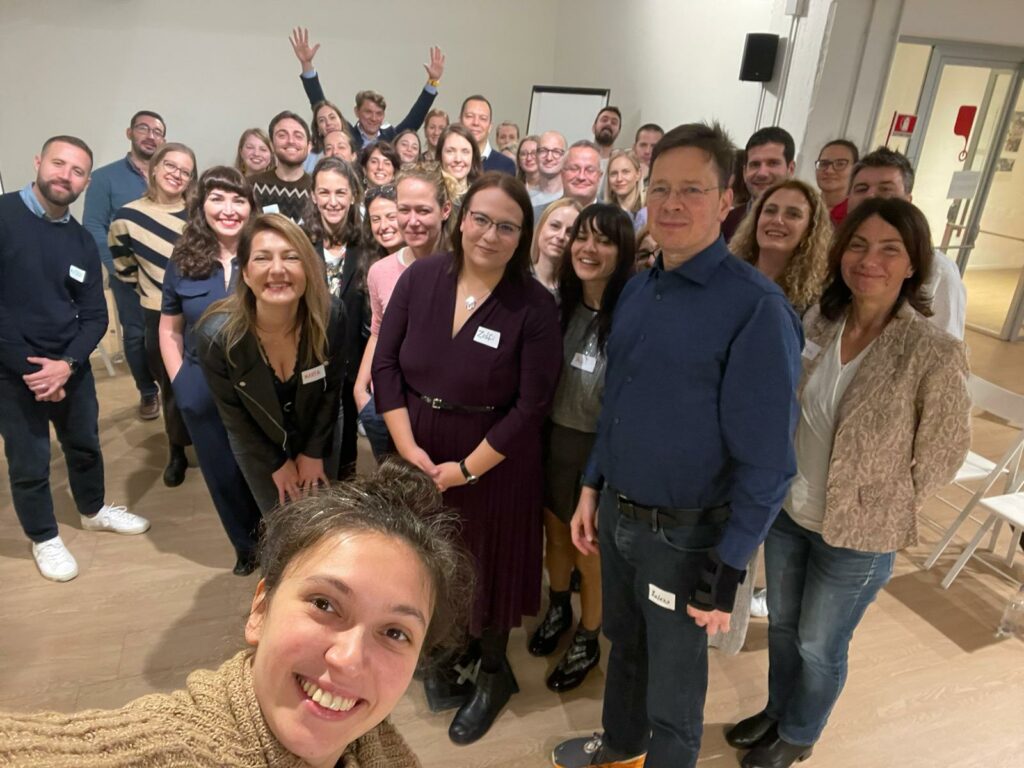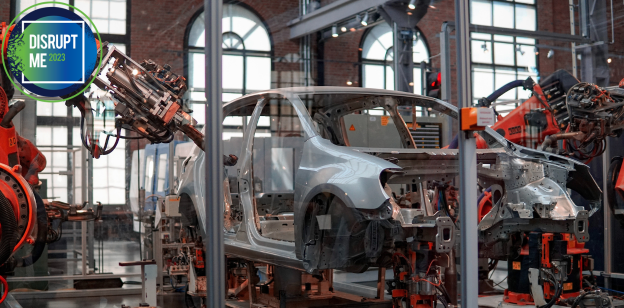This website uses cookies so that we can provide you with the best user experience possible. Cookie information is stored in your browser and performs functions such as recognising you when you return to our website and helping our team to understand which sections of the website you find most interesting and useful.
Strictly Necessary Cookies
Necessary cookies enable core functionality such as page navigation and access to secure areas. The website cannot function properly without these cookies, and can only be disabled by changing your browser preferences.
3rd Party Cookies
This website uses Google Analytics, Yandex, Facebook pixel, and LinkedIn Insight Tag to collect anonymous information such as the number of visitors to the site and the most popular pages.
Keeping this cookie enabled helps us to improve our website.
Please enable Strictly Necessary Cookies first so that we can save your preferences!
Cookie Policy
More information about our Cookie Policy







Connect & Experience offers more than training. The C&E community network is an active EU online and offline community offering easy access to opportunities, curated content, matchmaking, soft landing services, and support. The community provides a space for community builders from Europe and Horizon Europe associated countries to interact, share best practices, and collaborate to enhance your startup community.